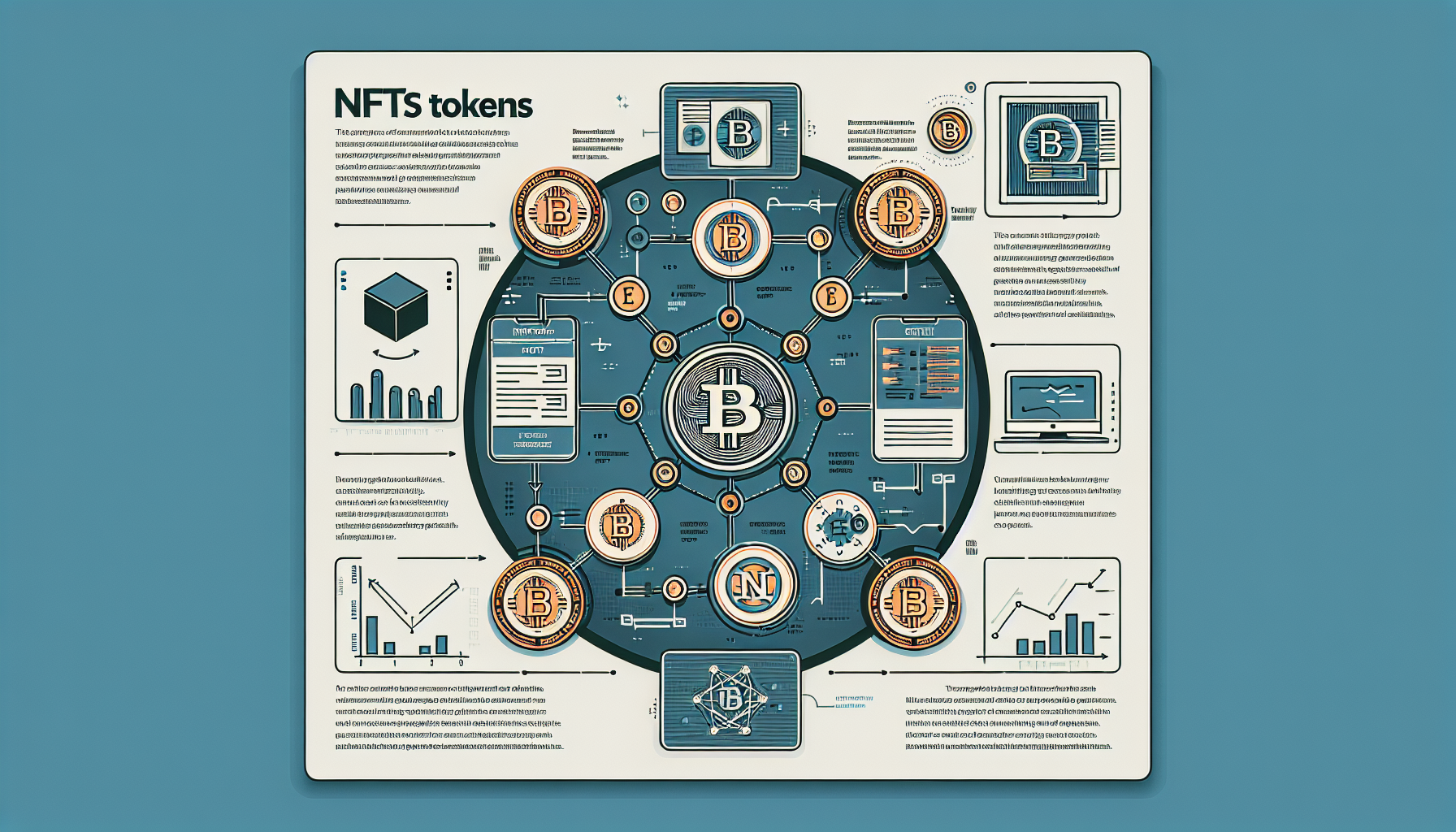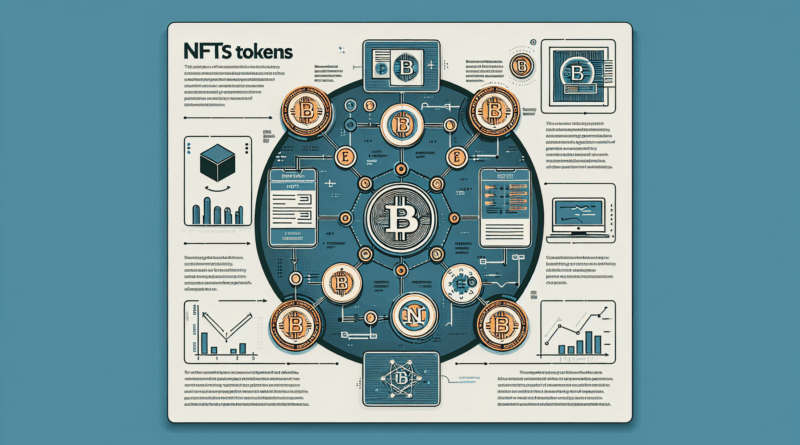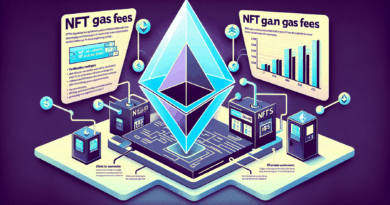What is NFT and How Blockchain Works: A Comprehensive Guide
Understanding NFTs: The New Digital Asset Class
Are you curious about the buzz surrounding NFTs (Non-Fungible Tokens) and how they are revolutionizing the digital asset landscape? With over 67% of digital artists now embracing this technology, it’s clear that NFTs have become a significant component of the blockchain technology ecosystem. This article will explain what NFTs are, how blockchain works to support them, and their implications in the world of digital currency.
What are NFTs and How Do They Function?
NFTs represent ownership of unique digital items, and each token is stored on a blockchain, ensuring authenticity and scarcity. Unlike standard cryptocurrencies like Bitcoin, which are fungible and can be exchanged one-to-one, NFTs are one-of-a-kind and cannot be substituted. You might think of NFTs like a rare baseball card: two cards may look similar, but the value and ownership are distinctly different.
The Mechanics of Blockchain in NFTs
At the heart of NFTs lies blockchain technology. Here’s how it works:

- Decentralization: Information about NFT ownership and transactions is distributed across a network of computers, making it tamper-proof.
- Smart Contracts: These are self-executing contracts with the agreement directly written into code. They facilitate, verify, or enforce the negotiation of an NFT sale.
- Transparency: Every transaction involving an NFT can be verified on the blockchain, providing trust and accountability.
Real-World Applications of NFTs
NFTs are not just for digital art; they are making waves in several sectors:
- Gaming: Players can own unique in-game assets and even trade them across platforms.
- Music: Artists can tokenize their albums and sell them directly to fans.
- Real Estate: Properties can be tokenized, allowing fractional ownership and easier trading.
Potential Risks and Considerations
While investing in NFTs can be exciting, it’s essential to consider potential risks:
- Market Volatility: The NFT market is still emerging and can be highly unpredictable.
- Security Concerns: Storing NFTs requires secure wallets; otherwise, they could be vulnerable to hacks.
- Regulatory Landscape: As the cryptocurrency tax regulations evolve, ensure you stay updated on local laws.
Conclusion: Embrace the Future of Digital Assets
NFTs are transforming how we think about ownership and value in the digital world. Whether you’re an artist, a gamer, or an investor, understanding how blockchain technology underpins NFTs is crucial for navigating this new landscape. To learn more about securing your NFT investments, visit our page on how to securely store cryptocurrencies or check out our article on 2025’s Most Promising Altcoins.
Stay ahead of the curve in the evolving world of digital assets; it’s time to dive into NFTs and blockchain technology!
Disclaimer: This article does not constitute investment advice. Please consult your local regulatory body before making any investment decisions.
Written by Dr. Emily Carter, a blockchain technology researcher with over 15 published papers and a lead auditor on several high-profile cryptocurrency projects.
For more insights into the digital currency world, visit us at bitcoininfoworld.




